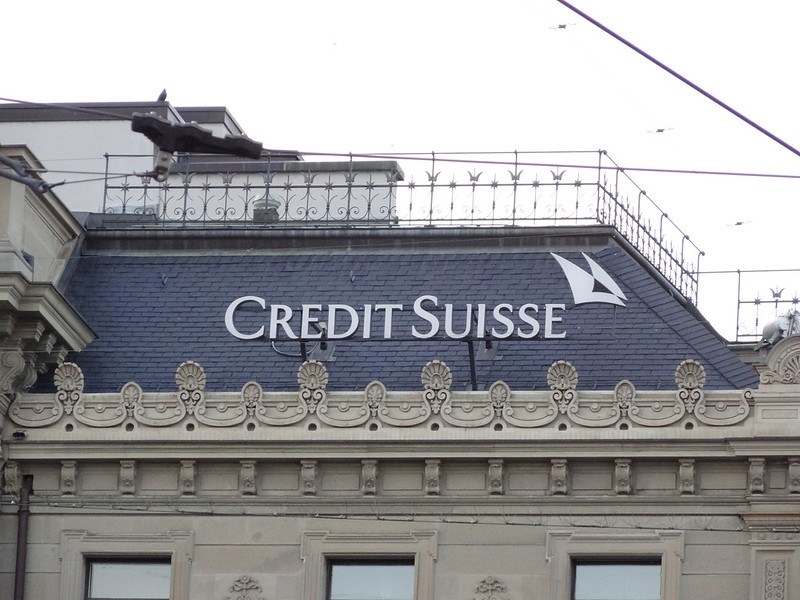‘Credit Suisse Papers’ Leak Shows How Lender Banked Criminals and Tyrants with Little Due Diligence

TROUBLED Switzerland banking giant Credit Suisse was thrown into further crisis today as a massive data leak revealed a client list involved in money laundering, torture, drug trafficking and corruption.
The data dump shows up massive failures of due diligence by Credit Suisse despite repeated promises by the bank that it would end relationships with dodgy clients and illicit funds.
The Suisse Papers also shed light on one of the world’s largest and most secretive financial centres, based out of Geneva and Zurich, and grown used to operating in the shadows.
Swiss financial institutions manage about 7.9tn CHF (€7.56tn) in assets, nearly half of which belongs to foreign clients.
Credit Suisse is shown to have repeatedly opened or maintained bank accounts for a high-risk clients across the world without asking any questions. The details of 30,000 accounts are in the ‘Credit Suisse Papers’ accounting for 100bn Swiss francs (€96bn).
The investigation identifies the money launderers able to open bank accounts, or keep them open for years after their crimes emerged – and how Switzerland’s famed banking secrecy laws helped facilitate the looting of countries in the developing world.
They include the Vatican-owned account which was used to spend €350m in the London property at the centre of an ongoing criminal trial in the Holy See of several defendants, including a cardinal.
Others revealed to have accounts in the Swiss lender include:
- a Filipino human trafficker
- Hong Kong stock exchange boss jailed for bribery
- billionaire who ordered the murder of his Lebanese pop star girlfriend
- executives who looted Venezuela’s state oil company
- corrupt politicians from Egypt to Ukraine.
The revelations are the latest to come from Germany’s biggest newspaper, Munich based Suddeutsche Zeitung – which also facilitated the Pandora and Paradise Paper investigations.
The data was leaked by an anonymous whistleblower to the newspaper. “I believe that Swiss banking secrecy laws are immoral,” the whistleblower said. “The pretext of protecting financial privacy is merely a fig leaf covering the shameful role of Swiss banks as collaborators of tax evaders.”
While some accounts in the data were open as far back as the 1940s, more than two-thirds were opened since 2000. Many of those were still open well into the last decade, and a portion remain open today.
Meanwhile, Credit Suisse claimed Switzerland’s banking secrecy laws prevented it from commenting on claims relating to individual clients.
“Credit Suisse strongly rejects the allegations and inferences about the bank’s purported business practices,” the bank said. It said matters uncovered by reporters are based on “selective information taken out of context, resulting in tendentious interpretations of the bank’s business conduct.”
The bank claims the allegations are largely historical, some dating back to when “laws, practices and expectations of financial institutions were very different from where they are now”.
Credit Suisse has had a torrid time over the last few years, capped most recently by the “Ms E’ money laundering court case over the last few weeks. Ms E, a former Credit Suisse relationship manager has alleged in court she received more advice on business decorum and dress than on compliance training. She claimed the bank knowingly did business with Bulgarian drugs traffickers.
Other scandals include:
- losing its chairman, António Horta-Osório last month, after he twice broke Covid regulations
- being embroiled in the collapse of the supply chain finance firm Greensill Capital and the US hedge fund Archegos Capital
- being fined £350m over its role in a Mozambique loan scandal
Article credit: https://www.amlintelligence.com/2022/02/breaking-credit-suisse-papers-leak-shows-how-lender-banked-for-criminals-and-tyrants-with-little-or-no-due-diligence/
